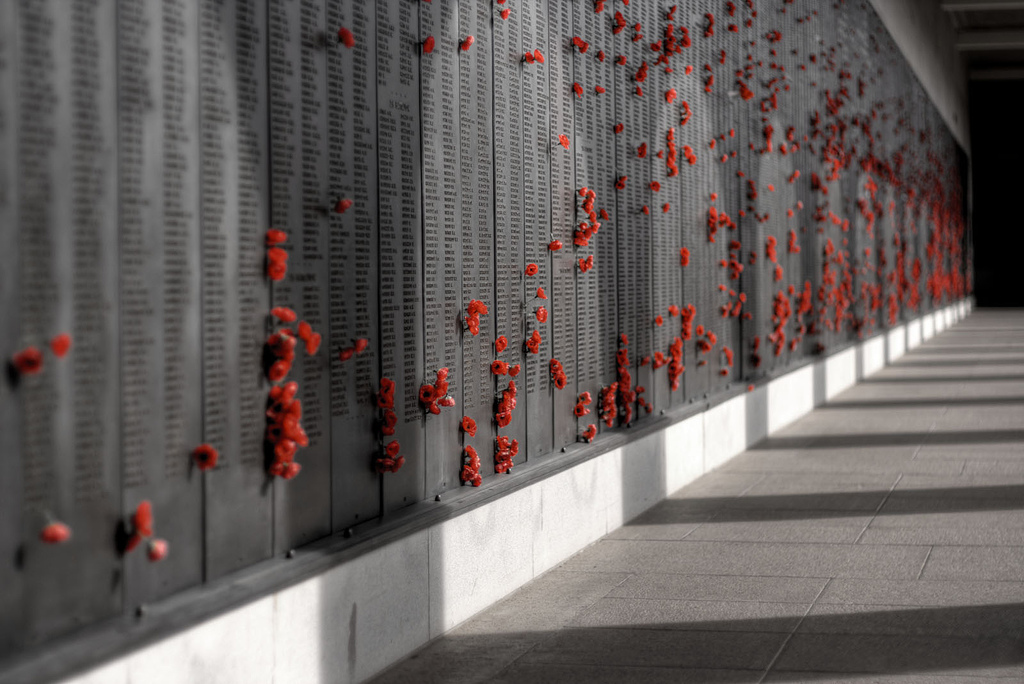Written by Natasha Silk.
As the Centenary of the First World War ends, it is time to reflect on the conflict as a whole and consider how the commemorations have unfolded. We are likely to see a raft of new literature in the coming months discussing the impact of the Centenary on British collective memory of the war. It is undeniable that the events of the last four and a half years have influenced the way we, as a society, view the war. Some have argued that we have allowed the story of the dead to overwhelm the way we have approached the Centenary. Certainly, the commemorations and remembrance services for the dead have been centre stage. However, many have used this opportunity as a platform to educate the wider public about the war, including more marginalized areas. It seems that these two aspects of the Centenary commemorations have gone hand in hand. This post considers how education and remembrance have worked together to create the Centenary’s own legacy.
Leave a Comment

